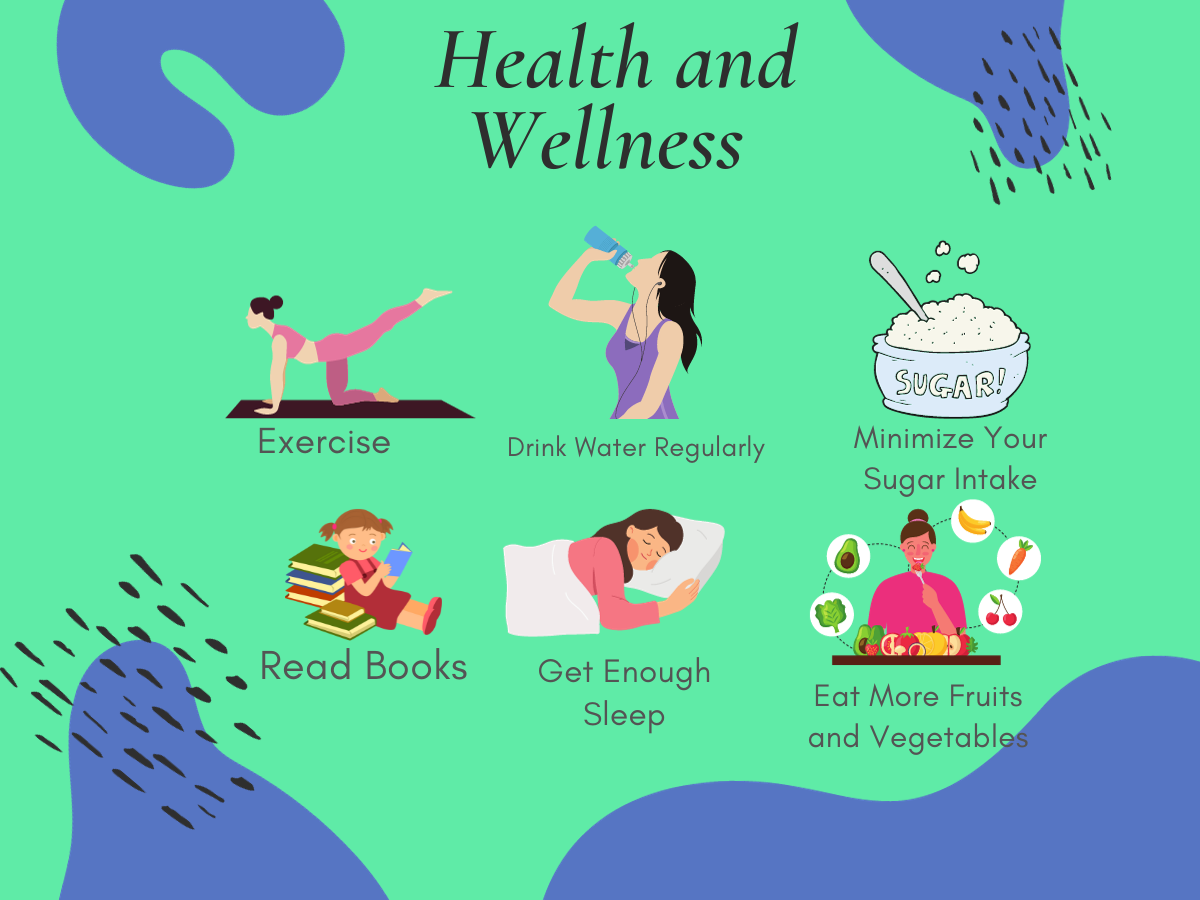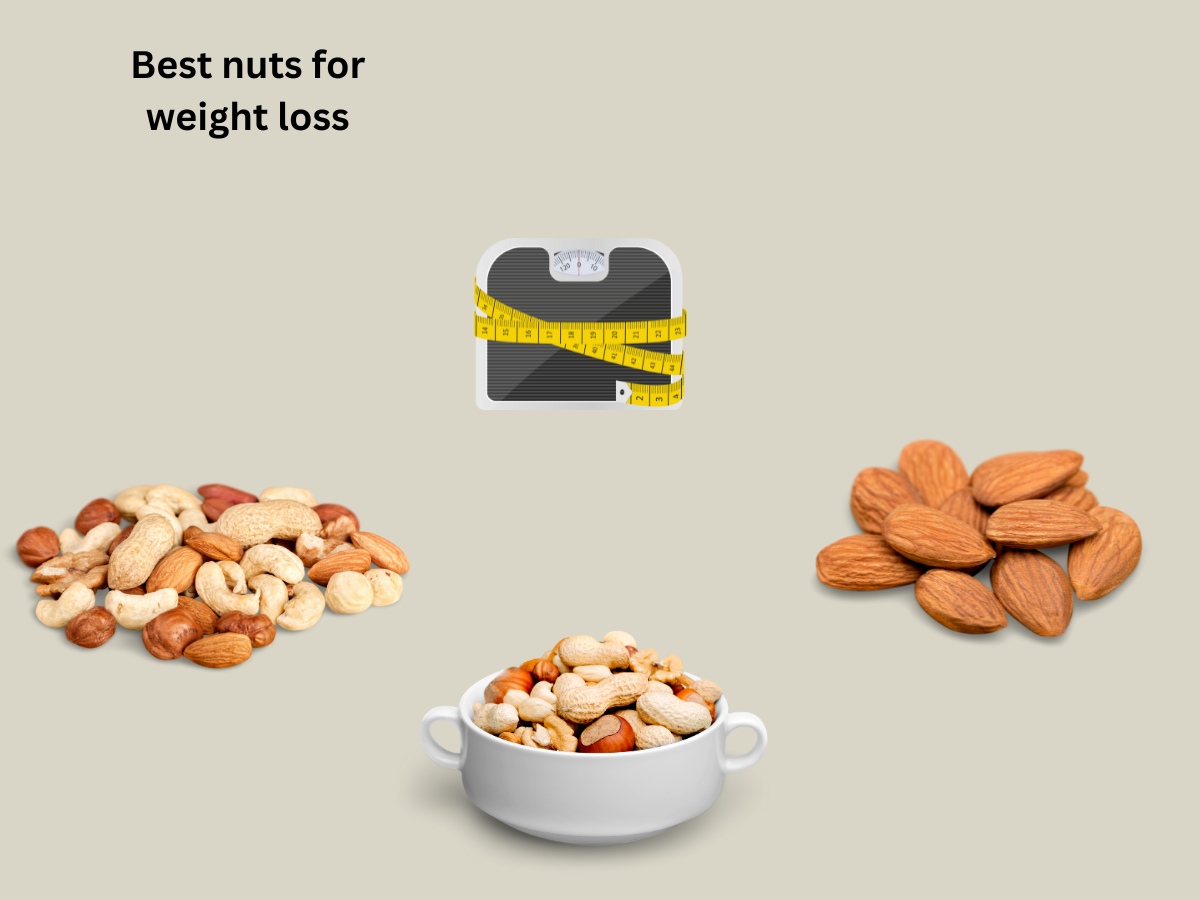Introduction:
Stress is an inevitable part of life, but excessive and prolonged stress can have detrimental effects on our mental and physical health. Fortunately, there are numerous effective strategies to reduce stress and promote overall well-being.
In this article, we will explore some of the best ways to manage stress and create a healthier, more balanced life. Ways to reduce daily stress
-
Exercise Regularly:
Physical activity is a powerful stress reliever. Engaging in regular exercise helps release endorphins, the body’s natural feel-good chemicals, which can enhance mood and reduce stress levels.
Whether it’s going for a brisk walk, practicing yoga, or engaging in a sport you enjoy, find an exercise routine that suits your preferences and commit to it. Strive to engage in moderate-intensity exercise for a minimum of 30 minutes on the majority of days throughout the week.
-
Practice Mindfulness and Meditation:
Mindfulness and meditation techniques have been scientifically proven to reduce stress and promote emotional well-being. By focusing on the present moment and observing our thoughts and feelings without judgment, we can cultivate a sense of calm and perspective.
Allocate a brief period daily for engaging in meditation or practicing mindfulness. Apps, guided videos, or classes can provide useful resources to get started.
-
Get Sufficient Sleep:
Sufficient rest is crucial for the well-being of both our body and mind. Lack of sleep can amplify stress levels, impair cognitive function, and compromise overall well-being.
Establish a consistent sleep routine, creating a relaxing atmosphere and ensuring you get 7-9 hours of quality sleep each night. Avoid caffeine, electronic devices, and stimulating activities before bed to optimize sleep quality.
-
Cultivate Healthy Eating Habits:
What we eat can significantly impact our stress levels and energy levels. A nutritious, balanced diet can support optimal brain function and provide the necessary nutrients for stress management Integrate a diverse range of fruits, vegetables, whole grains, lean proteins, and nourishing fats into your diet. Avoid excessive caffeine, sugar, and processed foods that can exacerbate stress.
-
Practice Time Management:
Poor time management often contributes to stress and feelings of being overwhelmed. Learning effective time management skills can help prioritize tasks, set realistic goals, and create a sense of control.
Break down larger tasks into smaller, more manageable steps to avoid feeling overwhelmed. Utilize effective time management tools, such as calendars, to-do lists, and productivity apps, to stay organized and focused.
-
Foster Healthy Relationships and Social Connections:
Healthy relationships and strong social connections are crucial for emotional well-being and stress reduction. Spend quality time with friends, family, or loved ones who provide support, compassion, and understanding.
Engage in activities that promote connection, such as shared hobbies or meaningful conversations. Seek support when needed, as talking to others about your stressors can help alleviate their impact.
-
Disconnect from Technology:
Prolonged exposure to screens and technology may contribute to feelings of stress and overwhelm. Set aside dedicated periods each day to disconnect and unplug from electronic devices.
Engage in activities that do not involve screens, such as reading a book, taking a walk in nature, or pursuing a hobby. Creating boundaries with technology can provide a much-needed break and foster a sense of calm.
-
Seek Professional Help if Needed:
If stress becomes overwhelming or starts significantly interfering with your daily life, do not hesitate to seek professional help. A qualified therapist or counselor can provide valuable guidance, coping strategies, and support tailored to your specific needs.
-
Engage in Creative Outlets:
Creative expression can be a powerful outlet for stress reduction. Whether it’s painting, writing, playing an instrument, or engaging in crafts, finding a creative activity that brings you joy can help alleviate stress and promote relaxation. Dedicate time each week to indulge in your creative passions.
-
Practice Self-Compassion:
Being kind and compassionate toward oneself is crucial for managing stress. Acknowledge that everyone experiences stress and that it’s okay to prioritize self-care. Treat yourself with kindness, practice positive self-talk, and engage in activities that nurture your well-being and happiness.
-
Set Realistic Expectations:
Setting unrealistic expectations for yourself can lead to stress and feelings of inadequacy. Learn to set achievable goals and accept that you can’t do everything perfectly. Embrace a mindset of progress rather than perfection, and be proud of your accomplishments along the way.
-
Spend Time in Nature:
The natural environment possesses a soothing impact on both the mind and body. Take advantage of green spaces, parks, or nature trails to spend time outdoors. Engage in activities like hiking, gardening, or simply taking a leisurely stroll. Connecting with nature can reduce stress, boost mood, and promote relaxation.
-
Practice Gratitude:
Cultivating a grateful mindset can shift your focus away from stressors and towards the positive aspects of your life.
Initiate a gratitude journal, recording things you appreciate on a regular basis. Recognizing and appreciating the good in your life can help reduce stress and enhance overall well-being. -
Engage in Relaxing Hobbies:
Hobbies that promote relaxation, such as reading, listening to music, or practicing gentle stretching, can help you unwind and recharge. Dedicate time to engage in activities that bring you joy and help you relax.
-
Establish Boundaries:
Learn to establish healthy boundaries in your personal and professional life. Saying “no” when necessary and setting limits on commitments can prevent overwhelm and stress. Prioritize self-care and protect your time and energy.
-
Volunteer and Help Others:
Helping others in need can provide a sense of purpose, fulfillment, and perspective. Volunteer your time for causes that resonate with you, engage in acts of kindness, or support charitable organizations. By contributing positively to the lives of others, you may experience a reduction in stress levels and an improved sense of well-being.
Conclusion:
Promoting well-being necessitates the effective management of stress to maintain a healthy and balanced lifestyle. By incorporating these proven strategies into your routine, you can effectively manage stress, enhance your well-being, and lead a more fulfilling life.
Remember, it’s crucial to experiment and find the combination of techniques that work best for you. Prioritize self-care and make stress management a priority to cultivate a happier, healthier existence.
Rejun
Welcome to RejunHub.com- Your Trusted Source for Health and Wellness Insights!. Discover a healthier you with my experience health and wellness tips. Join my community for a vibrant life. Your well-being is our priority!.










